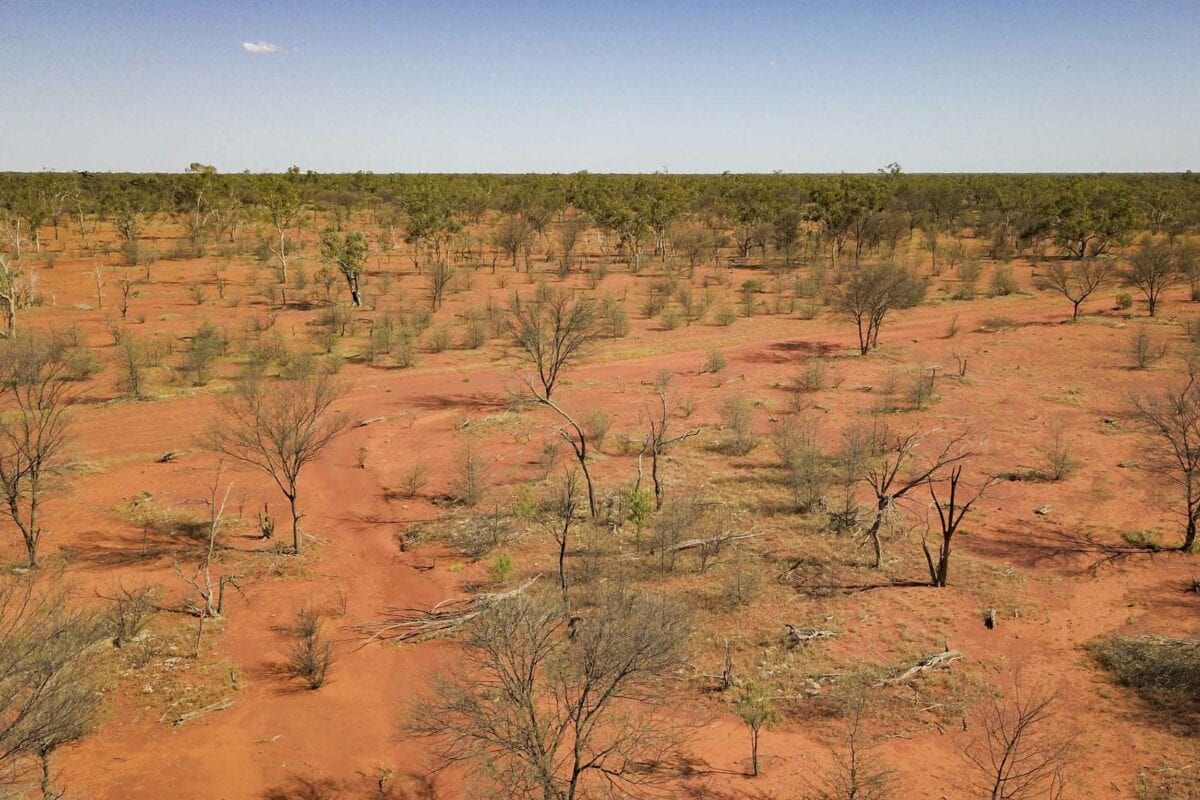Over recent weeks, national and international attention has focused on Australia’s newly announced 2035 emissions reduction target range of 62–70%, which forms the foundation of our next Nationally Determined Contribution (NDC) under the Paris Agreement. Australia’s new 2035 climate target is a uniquely whole-of-government commitment, underpinned by the Net Zero Plan and sector emissions reduction plans and informed by the independent expert advice of the Climate Change Authority.
CMI welcomed the government’s new target range and highlighted it should be seen as a floor, not a ceiling for ambition. We called for the target to be legislated and underpinned by robust policy frameworks to build market confidence and ensure clear investment signals. We also highlighted the opportunity for Australia to stretch its climate ambition through international cooperation and a greater focus on guiding voluntary climate action from Australian businesses.
A central feature of the Government’s announcement was the creation of a $5 billion Net Zero Fund within the National Reconstruction Fund to help industrial facilities decarbonise and support the scale-up of renewables and low-emissions manufacturing. With global clean energy investment expected to exceed USD $2 trillion this year, the opportunity for Australia to lead in developing high-integrity, scalable climate solutions has never been greater.
Attention now turns to implementation, with the Net Zero Plan and Sectoral Plans outlining detailed pathways for decarbonisation across key sectors – including energy, industry, transport, agriculture and the built environment. While the Net Zero Plan prioritises scaling up of carbon removals, the Climate Change Authority’s previous recommendation to articulate a Carbon Market Strategy would help to guide the evolution of carbon markets in Australia as well as Australia’s engagement with carbon markets across the region. A clear program on carbon market cooperation will be essential to building strong and interconnected carbon markets. This can in turn accelerate the transfer of climate finance, technology and expertise.
In concert with governments across the Asia-Pacific region, Australia should also look to strengthen voluntary guidance to support high integrity carbon market engagement. By sharpening expectations on credible transition towards net zero, governments can support consumer trust and build business confidence to invest in climate solutions beyond what might be achieved through regulation and compliance frameworks alone. Through certification programs and guidance linked to mandatory climate-related financial disclosure and transition planning, Australia can back-in the maturing and converging body of best practice voluntary standards. This includes standards such as the forthcoming ISO net zero standard for organisations, that will help to drive and underpin high integrity voluntary action by businesses.
Australia should also look to join Singapore, the UK and Kenya in the international Coalition to Grow Carbon Markets – and important partnership that is developing shared principles aimed at fostering confidence in carbon markets and strengthen their interoperability.
CMI is actively engaging with members through our Australian Policy, Carbon Project Development, and International Working Groups to unpack these developments and discuss their implications for carbon investment, corporate transition planning, and international market engagement. We are also standing up a Safeguard Mechanism Taskforce within our membership with a view to developing evidence-based reform recommendations that seek to maximise the Safeguard Mechanism’s potential to facilitate emissions reductions both in the industrial sector and across the broader economy. The Taskforce will engage with the government 2026-27 milestone review of the Safeguard Mechanism.
At the international level, preparations are underway for COP30 in Brazil in 2025, where countries will submit their updated NDCs, and COP31, which Australia and Pacific partners are bidding to co-host in 2026. These forums represent critical opportunities to demonstrate credible national progress, deepen regional collaboration, and strengthen the integrity of global carbon markets — all areas where CMI continues to drive leadership.
Last week, attention turned to Singapore, where CMI hosted the 3rd Carbon Market & Investor Forum from 16–17 October. The Forum brought together regional leaders from government, finance, and industry to explore how high-integrity carbon markets can unlock investment, strengthen regional cooperation, and accelerate net zero transition pathways across the Asia-Pacific.
In other significant news, the CMI Board has announced the appointment of Dr Sasha Courville as the Institute’s new Chief Executive Officer. Sasha brings extensive experience in sustainability and climate leadership, including as Bank Australia’s inaugural Chief Impact Officer and through senior roles at NAB and the ISEAL Alliance. She will officially commence on 1 November.
CMI will be holding its Annual General Meeting by the end of the calendar year, and as required by the CMI Constitution, there will be two Board positions vacated and/or available for election at that time.
The CMI is now seeking expressions of interest (nominations) from individuals interested in standing for election. The nomination period is now open and all nominations must be received by COB, Wednesday 5 November 2025. Please click here for more information about the Board skills, eligibility and process details, and information on how to apply.
As we enter this next chapter for CMI, I would like to thank our member organisations for their continued engagement and leadership. Together, we are driving the integrity, ambition, and collaboration needed to achieve a net zero, nature positive future.
Kind regards,
Kurt Winter



